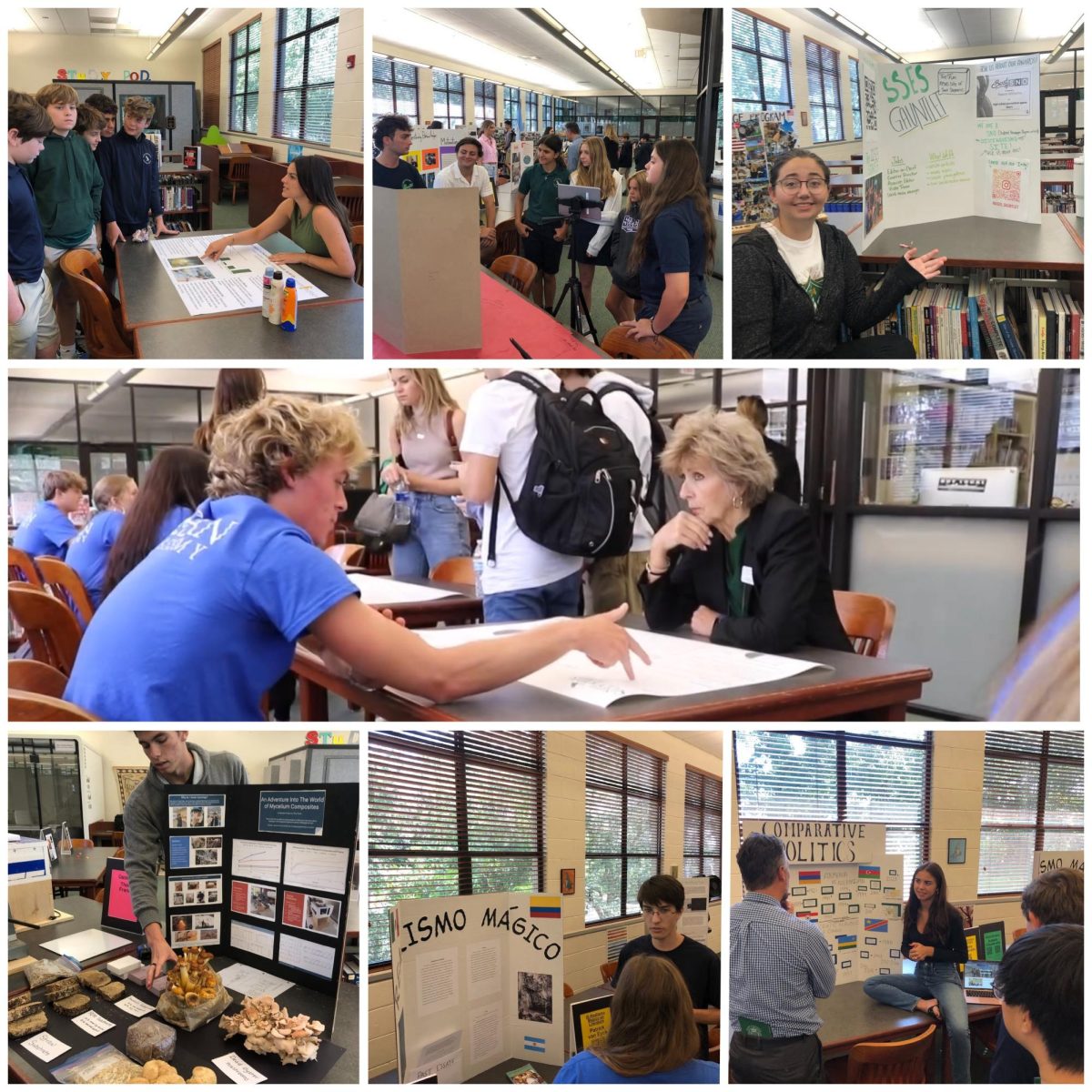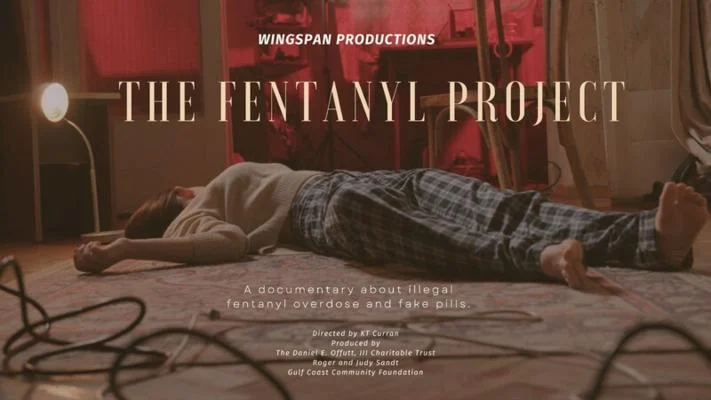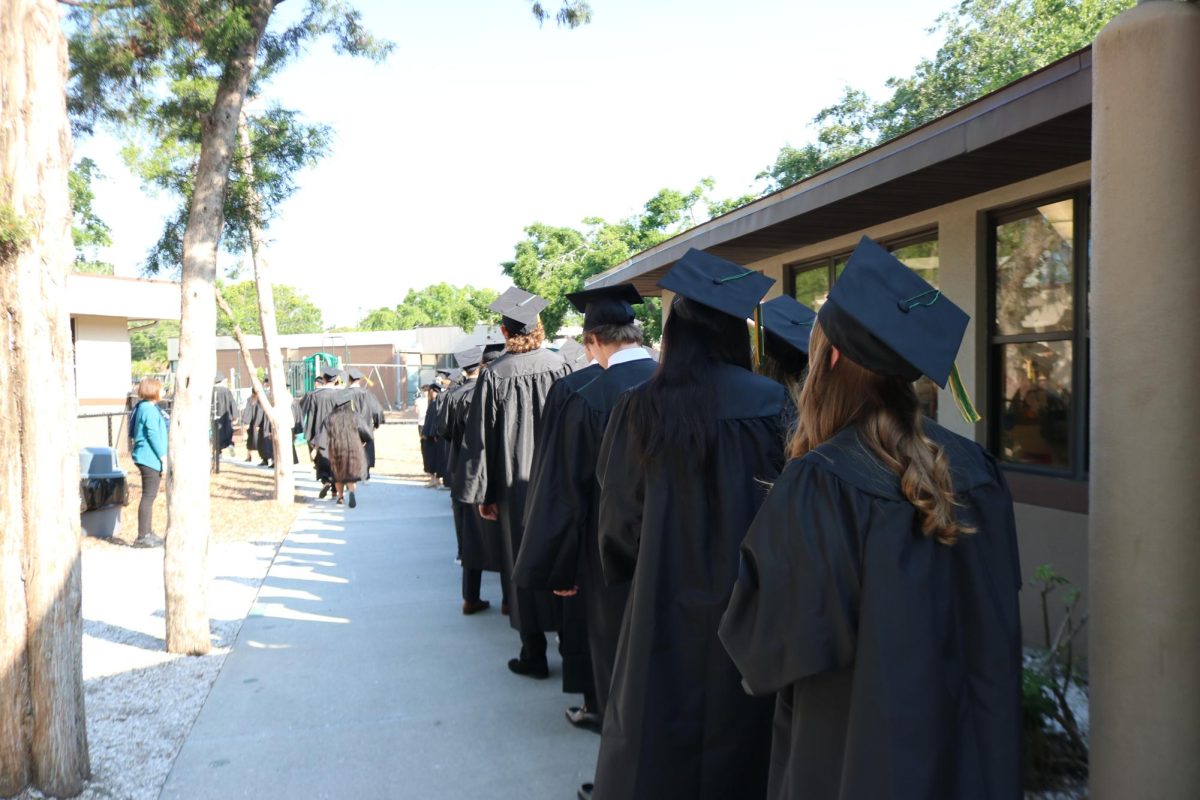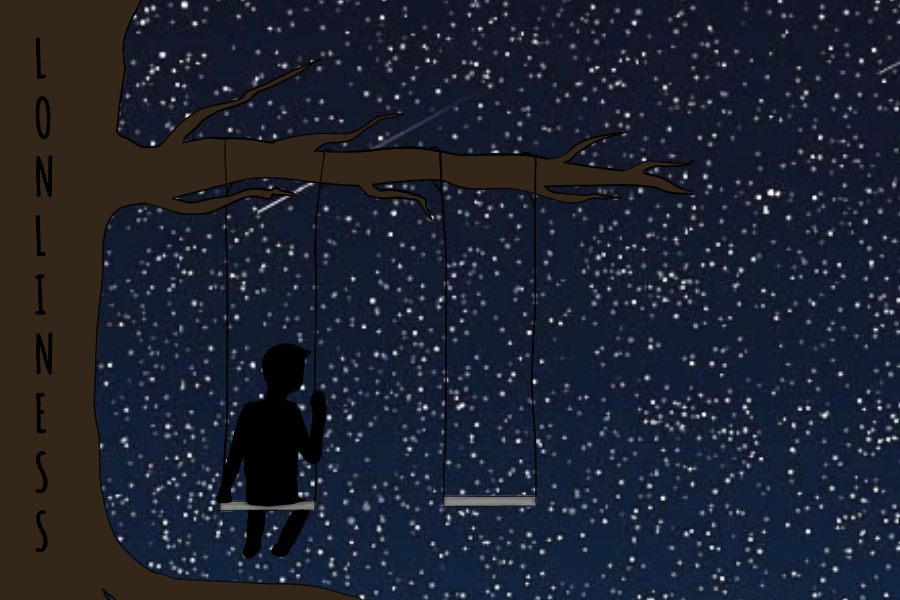The lonely generation: how loneliness is affecting Gen Z
Loneliness affects students on our campus and abroad more than you know. Recently, with the use or social media, the rates of loneliness have dramatically increased, especially among teenagers.
This art work by Gauntlet Staff Writer Evanthia Stirou showcases a young boy sitting alone on a swing suffering from chronic loneliness.
Imagine this: during lunch every day, you and your friend group walk past a girl sitting alone on a bench with her head down, her hair covering her face. She’s scrolling through her phone.
You always seem to notice her, but never have the courage to do anything— say hello, invite her to lunch. Every Friday when you go home with your friends, you imagine she goes home alone. Every weekend when you and your friends go to the beach, go to a party, or the movies, you imagine she is at home all by herself.
If you’re observant, chances are you’ve experienced this during your days on campus. According to a small SSES focus group, loneliness on campus is a problem, one that we don’t talk enough about. Worldwide, it’s affecting millions of people, and in 2019, it was actually called an “epidemic” by Forbes magazine.
The reason it’s been able to reach such proportions? Loneliness does not discriminate; it will impact people regardless of anything… Race, gender, age, location, you name it.
Whether at school or outside, many high school students, including those at Saint Stephen’s, have experienced the dreaded feeling of loneliness at some point in their lives.
But should they have to? Teenagers are young, cheerful, and happy, or at least they could be. They shouldn’t have to go through extreme sorrows alone; there has to be some sort of solution to this problem.
To begin with, we can talk about it.
Loneliness takes a toll on a person’s physical and mental health and it’s even been said to shorten a person’s life expectancy.
In an article in the Harvard Business Review, Dr. Vivek H. Murthy, who served as the 19th Surgeon General of the United States, said that “The lifespan of people who are lonely tends to be shorter. Not by a couple of days or a couple of weeks. It tends to be shorter on the same order that smoking shortens your life span. In fact even greater than the reduction in lifespan that you see in obesity,”
Young people are at particular risk for feelings of loneliness. An article by the BBC reported that “almost 10% of people aged 16 to 24 were “always or often” lonely – the highest proportion of any age group.”
The side effects linked to loneliness are suffering from anxiety and depression, feeling detached from one’s surroundings even when with a group of people, and FOMO (fear of missing out— yep, it’s a thing, the feeling of “not being there” is even worse with social media).
If you’re someone who’s known loneliness, one thing to think about is that being alone isn’t the same thing as being lonely. Being alone is advantageous for many because it can be a time to recharge and take time for yourself. The key is to try to keep a healthy balance between being alone and being with others.
An anonymous student here at SSES said that what causes them to experience loneliness is “my own overthinking everything, including minuscule things in social situations that other people wouldn’t even notice.”
This fear of judgment has “stripped away my self-confidence… and continues to make it hard for me to branch out.”
When having some sort of company, try your best to make the time you spend with them meaningful by being fully emerged in the situation and not being distracted by outside factors like phones or technology.
If you’re alone all the time, you may eventually start to feel isolated and disconnected from society. This is when the loneliness starts creeping in. For many, separation from others can be overcome by hanging out with friends, but for those suffering from chronic loneliness, they may not get that satisfaction and the feeling may not go away even during a hangout session.
Saint Stephen’s school psychologist Mrs. Perkins said, “Loneliness is a feeling. You can feel lonely even in the presence of others.”
And this is a big indicator that loneliness has gone too far.
Once someone gets used to being alone, it becomes easier to stay at home than to reach out to friends or participate in new activities.
Another aspect that contributes to teen’s isolation is the fact that they don’t have much control over their own lives. Parents, especially those who have kids attending a private school like Saint Stephens, have strict rules and expectations for their children. These expectations may include the pressure to do well in school, pad their resume with countless clubs, join a sport, come home at a certain time, do chores, and more, which all restrict teenagers’ freedom to participate in social gatherings.
Another big cause of loneliness (and this has been well-documented), especially among teens, is the use of social media, which has become such a prominent part of generation Zs’ culture.
In a YouTube interview with Dr. Vivek H. Murthy, he said that “There has been an assumption sometimes that those [online] connections can substitute for offline connections.”
A lot of students can relate to this— many feel that they are able to meet new people and make new friends through the web, but they’re not realizing that it’s not the same as real-life connection.
Our anonymous source said that they believe a strong cause of loneliness is the usage of tech and social media. “Looking at pictures online of people’s ‘perfect lives’ only heightens your insecurities.” The source added that “limiting smartphone usage in high school may force people to reach out and talk to people they haven’t talked to before.”
Saint Stephen’s tries to implicate this by hosting “tech-free weeks” at school, where students are not permitted to use any technology not necessary for learning.
Dr. Vivek H. Murthy said that “we live in the most technologically connected age in the history of civilization, yet rates of loneliness have doubled since the 1980s.”
Seeing what others are doing and posting online often makes us jealous, leading to the dreaded condition called “FOMO”.
People may feel the sense of “missing out” when they don’t get invited to social gatherings; they may even feel they were excluded for a reason. A number of social media platforms like Snapchat, Instagram, and VSCO, have made this extremely easy to experience. In these situations, many feel there is something wrong with them or that they’re not fun enough to hang out with.
Chronic loneliness (sustained feelings of loneliness) becomes prominent when one’s own views of themselves shift to thinking of this manner.
Let’s face it: we’ve all gotten in our heads’ and made unrealistic assumptions about what others think of us, so much so that it becomes easier to stay at home and be “busy.” And this pattern can go even farther! For example, if you do get invited to an event, you might even think that the only reason you got the invite is that they pity you.
For some, dealing with FOMO can lead to the opposite end of the social connection spectrum, forcing some people to sacrifice their academics in order to hang out with their friends and prove they’re “social.” By being so afraid of missing out, they’re willing to abandon studying to “be at the big game.”
A majority of teens, Falcons included, can definitely say they’ve experienced loneliness at some point in their high school career.
This was true for English teacher Mr. Moore.
Mr. Moore was the youngest of seven siblings in high school. Four of them we’re his actual brothers and three of them lived with his family because of their own troublesome home life. He became accustomed to only hanging out with “family,” and so when they all graduated high school, Moore “felt completely lost and [he] felt isolated and even depressed.”.
Trying to find a new place to fit in and finding new people to hang out with can be extremely hard. Mr. Moore said, “I started trying to find new people to hang out with, which took me at least a semester to do, but it was tough, and even led me to make poor choices by getting in with the wrong crowd.”
A common misconception about loneliness is that the more people you have surrounding you the happier and fulfilled you will feel, but this isn’t always the case. It often only takes one true friend to bring some light and happiness to your life. “Once I finally found a good group I really only became best friends with one of them,” Moore said.
If you’re struggling to find a group you feel like you belong to, follow Mr. Moore’s advice: “Find common interests and try to find someone you feel like you can open up to and really spend time developing a relationship and you’ll find that it’s worthwhile in the end. It won’t come quickly but it happens over time.”
Since loneliness can happen to anyone, Saint Stephen’s has developed a variety of ways to handle this issue.“One thing the school intentionally does is that they try to hire people who are empathetic,” Mr. Moore said. “So if students are feeling down hopefully there is a person who they feel connected with who they can go and talk to.” This gives students the opportunity and the comfort to be able to open up to someone who they trust.
Mrs. Perkins added that “Being aware of your feelings of loneliness and recognizing why these feelings are impacting you is important.” In other words, by identifying the issue, it will become easier to solve the problem.
Perkins said, “We can combat these feelings by reaching out to others and helping those in need.” By finding people and creating “authentic connections”, you may “discover your why and find your solution.”
Since every individual is unique, loneliness is bound to affect people in different ways. This also means that there isn’t one perfect solution that will suit everybody. But, by finding the area of your life that is causing you hardship, and then trying to fix it via meaningful and significant connections, you may just defeat loneliness.

Sanna is a senior at Saint Stephen's and is returning to the Gauntlet for her third year. She is serving as an Associate Editor this year. She enjoys listening...
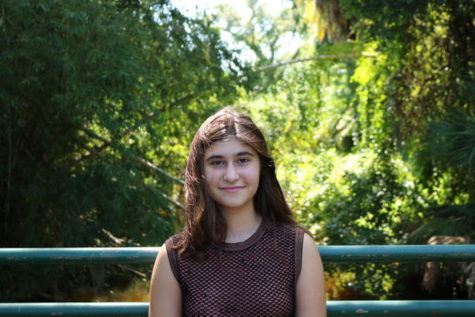
Evanthia is a third-year Creative Director on The Gauntlet. She is a senior here at Saint Stephen's and likes drawing, playing Genshin Impact, and hanging...


